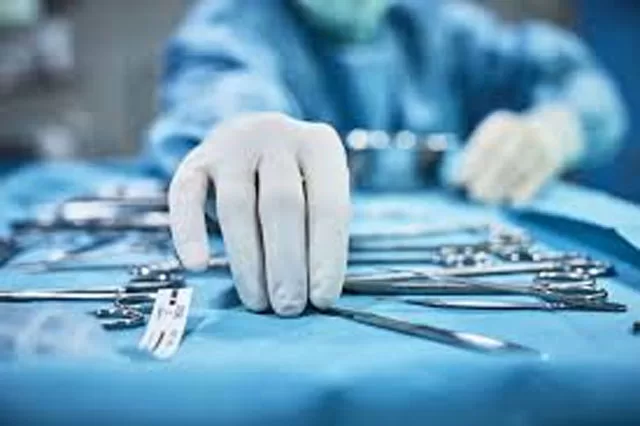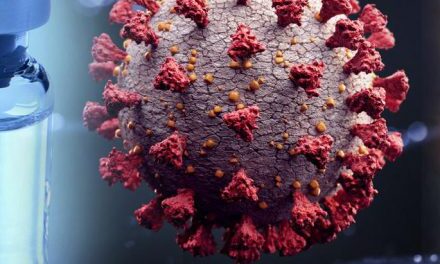On World Sepsis Day, held annually on September 13, medical experts emphasized that timely intervention is critical in treating sepsis—a life-threatening condition triggered by the body’s exaggerated immune response to an infection. As global attention turns toward combating this devastating illness, the message is clear: early diagnosis and immediate treatment can be the difference between life and death.
Sepsis remains a major public health concern, claiming millions of lives each year. In 2020 alone, there were 48.9 million sepsis cases worldwide, resulting in 11 million deaths—accounting for a staggering 20% of all global deaths. The burden is particularly acute in low- and middle-income countries, where 85% of sepsis-related deaths occur.
Sepsis: A Global and National Crisis
India faces a significant sepsis challenge, with 11.3 million cases and 2.9 million deaths reported in 2020. These alarming statistics underscore the urgent need for improved prevention, early diagnosis, and effective treatment strategies.
Dr. Chinnadurai R, Lead Consultant in Critical Care at Aster RV Hospital, explained the severe nature of the condition:
“Sepsis is a life-threatening emergency where the body’s response to an infection spirals out of control, leading to self-damage of organs and impaired function.”
Sepsis often arises from common bacterial infections such as pneumonia, urinary tract infections, abdominal infections, or bloodstream infections. It can also be triggered by viral infections, such as influenza or COVID-19, though fungal and parasitic infections are less frequent causes.
Immediate Action Saves Lives
Experts stressed the importance of immediate treatment to curb the progression of sepsis. According to Dr. Chinnadurai, early intervention is crucial:
“Immediate treatment involves early detection, administering broad-spectrum antibiotics within the first hour, providing supportive care like intravenous fluids and oxygen, and controlling the infection source by draining abscesses or removing infected tissue.”
Dr. Aakashneel Bhattacharya, Consultant in Infectious Diseases at Paras Health Gurugram, highlighted that prevention is key:
“Preventing sepsis starts with taking precautions such as practicing good hygiene, keeping wounds clean and covered, staying up-to-date on vaccinations, and seeking timely medical care for infections before they escalate.”
Raising Awareness and Training Healthcare Workers
In addition to clinical strategies, the experts called for a stronger focus on public education and training for healthcare professionals. Increasing awareness of sepsis through public health campaigns and ensuring that healthcare workers are trained to recognize and manage the condition early are crucial steps in lowering hospitalization and mortality rates.
By adhering to evidence-based guidelines and employing early detection and rapid treatment, the burden of sepsis can be significantly reduced, offering hope to millions at risk from this silent killer.
As World Sepsis Day shines a spotlight on this critical issue, it serves as a reminder that with timely recognition, treatment, and prevention, many lives can be saved from this global health threat.












